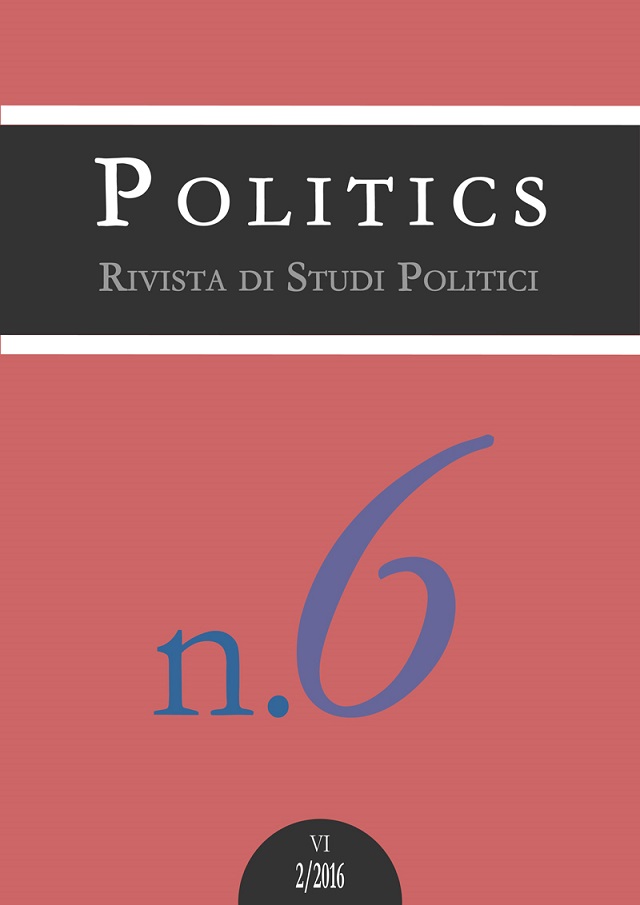On the expression «Li òmini in universali iudicano più alli occhi che alle mani»: an Alternative Reading of Chapter 18 in The Prince
Abstract
This article clarifies the meaning of a key passage contained in Machiavelli’s The Prince (1513), chapter 18: «li òmini in universali iudicano più alli occhi che alle mani» («Men in general judge more by their eyes than by their hands») by linking it to Machiavelli’s early administrative letters where the image of the eyes and hands is often employed. While most scholars and translators agree that «eyes» and «hands» refer to «men» who judge, in the letters the hands
never belong to the judge but, rather, to the judged. Following this alternative interpretation, it is possible to appreciate the provoking originality showed by Machiavelli in turning upside down the context in which this image was usually employed. The Florentine secretary does not adopt the point of view of those who may be the potential victims of a deception (the judges) in order to warn them, as it used to be in the letters, but rather he writes in order to advise the
deceiver (the judged). The comparison with the technical use of the image in the letters also helps to identify those few who «feel who [the prince] is». They are not the virtuous or smart men who are able to expose the prince’s ruses but rather his victims.
Downloads
Copyright (c) 2017 Andrea Polegato

This work is licensed under a Creative Commons Attribution-NonCommercial-ShareAlike 4.0 International License.
In conformità col Public Knowledge Project, la rivista accoglie l'uso di una licenza CREATIVE COMMONS license CC Attribuzione - Non commerciale - Condividi allo stesso modo 4.0
http://creativecommons.org/licenses/by-nc-sa/4.0

